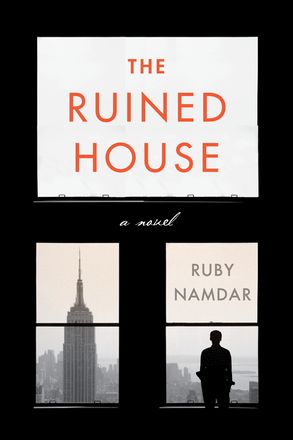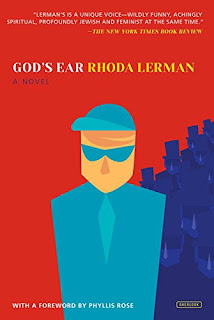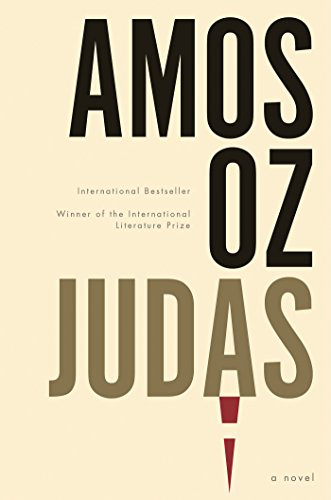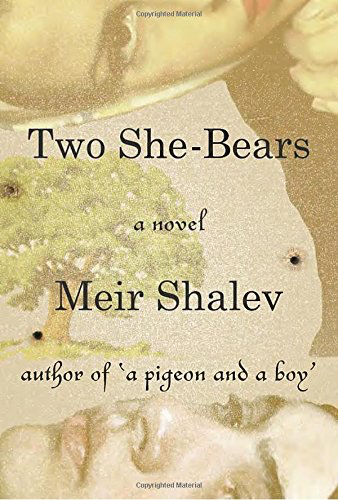Brandon Taylor: On D.H. Lawrence & moral fiction
“It all sounds very abstract, I know. But for me, it comes down to this: moral fiction is not fiction that affirms your ideology about power systems and oppression. It does not make you feel like a good and righteous person. It may have no lessons for you to tweet about or put on Instagram or explain readily, wittily at dinner parties. You can’t wear it like a hair shirt and you can’t always articulate its particular force or power upon you. Moral art is, I think, hard to describe. Instable. It is art that implicates and complicates your notions of good and bad. Moral art may call you a liar to your face. It reveals the shallowness of your thought. It challenges you, but not in the way of an all-fiber diet. In the way gravity challenges you. In the way the thin air at the top of a mountain challenges you. In the way the pressure of the deep seas challenges you. Moral does not mean good or lawful. Moral means true. Moral means you take your finger off the scale.
“To make moral art, moral fiction, is to get out of the way. To make moral art is to admit one’s humble place in the order of things. I think moral fiction is less about signaling to the reader that you voted for the right people or that you are able to listen to people who would have you destroyed. Moral fiction does not signal. That is propaganda. That is social work. Not that these are unimportant things, but they are not art. And they are not moral.”
#moral fiction #brandon taylor #d.h. lawrence #moral art



















